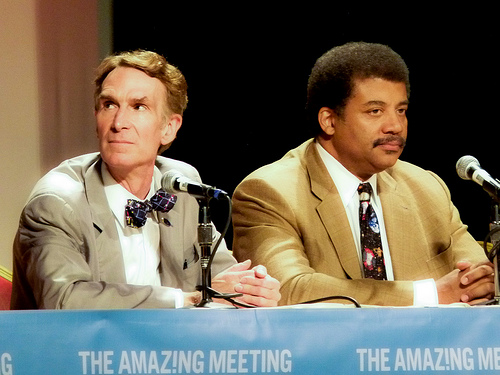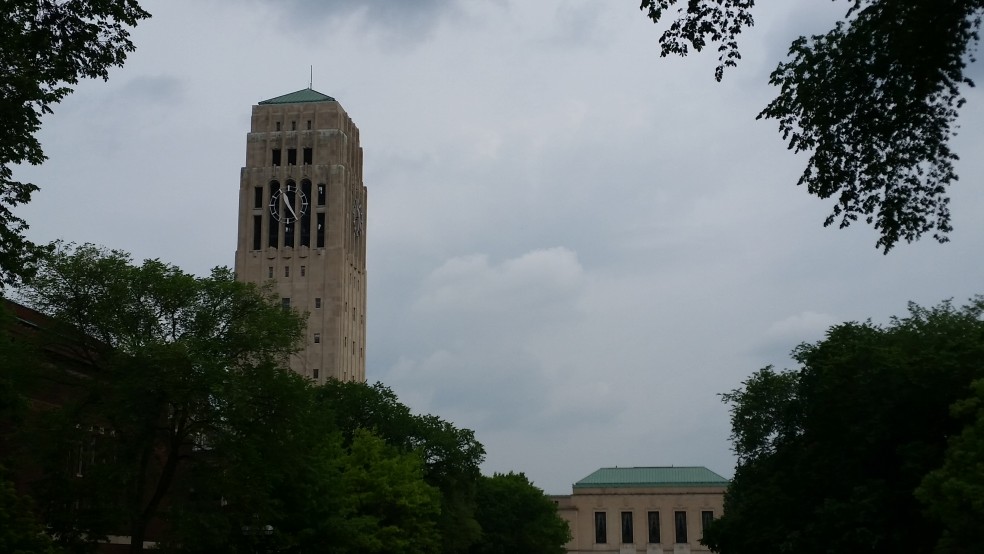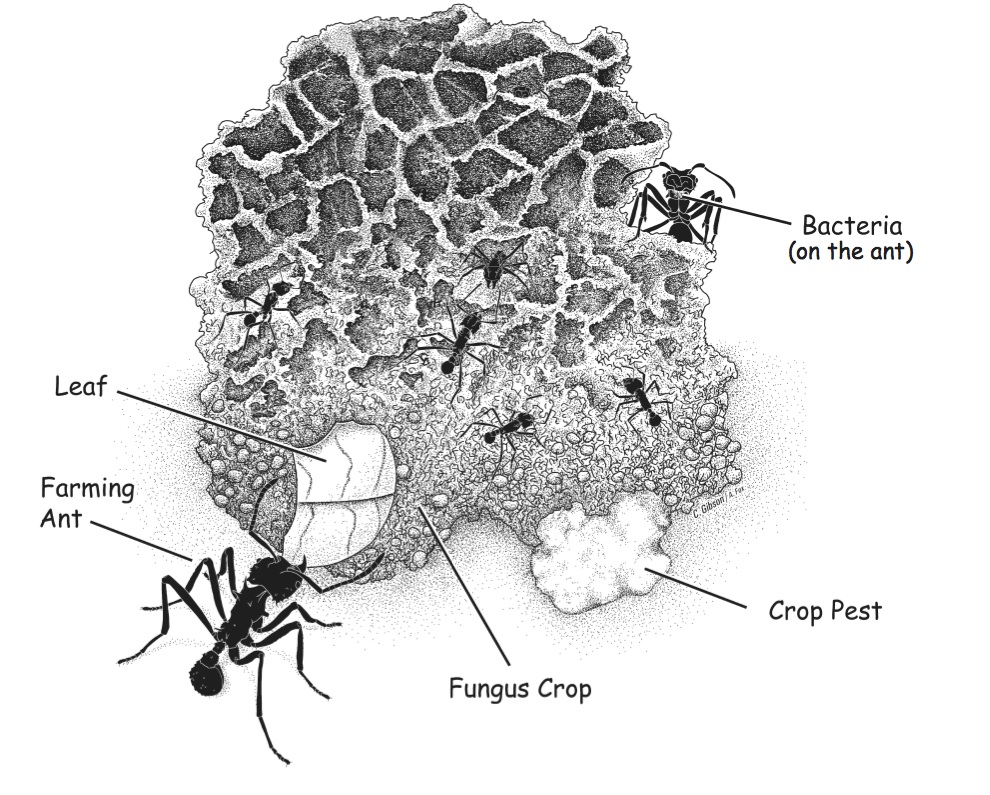Featured image: Two great American science communicators. Photo credit: Jamie Bernstein Over the past months, I went to several scientific conferences* on a covert mission. While I was technically there to learn and to discuss my work, I wanted to find out why so many academics avoid engaging with the public about their research. I ambushed scientists at happy hours, …
Climbing down from the Ivory Tower
I have been fascinated by science since I was a young boy. As my long-suffering loved ones can attest, I’ve ruined many otherwise lovely dinners by droning on about agroecology, or sexual selection, or some damned thing. I’m not the only one failing to communicate science effectively. Science is widely perceived as a dull and difficult enterprise, working out esoteric details of irrelevant questions. Scientists …
Too good to be true: Leafcutter ants pt. 2
Main picture: Cara Gibson for NSTA The scientific process can be very messy indeed, and what originally seem like rock-solid conclusions can later turn out to be specious. Scientists very rarely straight-up lie about their findings for fame and glory; institutional and cultural oversight within science keep the rascals in check. More often, the effect that was originally (honestly) measured later turns …
How to Explain Climate Change to Your Own Mother: A Guide in Multiple Installments
I have been involved with science communication and education for the majority of my adulthood. The array of venues in which I have taught, subjects I have conveyed, and audiences I have engaged has been vast; each delicate combination of venue, subject, and audience throwing a delightful challenge my way. In a non-native tongue, I have explained the wonders of …



